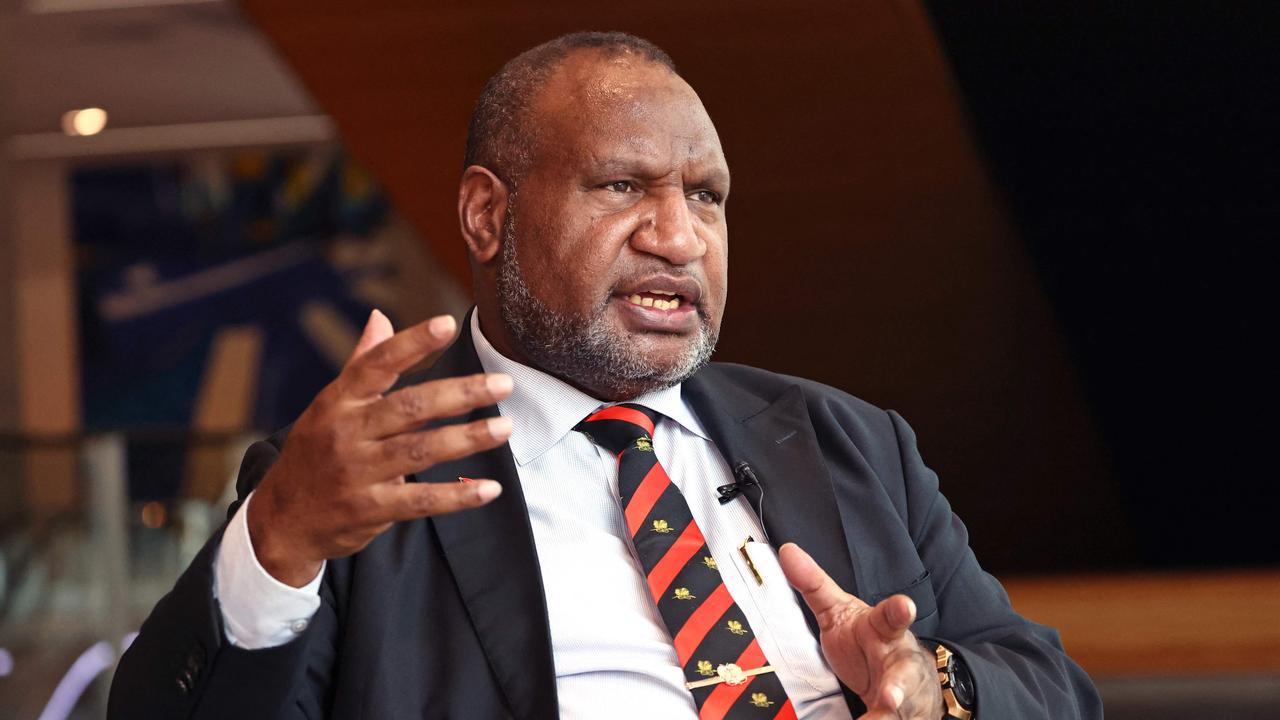Prime Minister (PM) James Marape has clarified that recent media headlines quoting Attorney-General (AG) and Minister for Justice Pila Niningi were taken out of context and have been widely misinterpreted.
Responding to front-page reports suggesting that the Minister had criticized Papua New Guinean judges, PM Marape stated that at no time did the Minister accuse or imply that national judges are corrupt or biased.
“Let me set the record straight, Minister Niningi’s comments were made in the broader context of judicial strengthening and public confidence—not as an attack on the integrity of our judiciary,” PM Marape said.
Responding to questions raised by international partners and domestic stakeholders, PM Marape explained that the appointment of foreign judges to Papua New Guinea’s National and Supreme Courts is part of the Government’s broader strategy to strengthen judicial capacity and expedite the resolution of legal disputes.
His remarks were part of an ongoing national conversation about reinforcing judicial independence, improving performance, and managing perceptions of fairness and impartiality.
“In a country as diverse as Papua New Guinea—with over 800 tribes and complex social dynamics—perceptions of neutrality can be challenging.
Minister Niningi was highlighting the importance of ensuring that our courts are perceived to be independent, balanced, and above reproach,” PM Marape noted.
PM Marape affirmed that, in partnership with the judiciary, the Government supports the strategic appointment of international judges to complement national appointments.
This forms part of the wider reform agenda being led by Minister Niningi, which includes:
- Establishing an independent Court of Appeal
- Introducing international-standard arbitration mechanisms
- Raising the retirement age for judges
- Increasing the number of judges
- Improving judicial salaries to attract and retain high-calibre legal professionals
Papua New Guinea has a longstanding tradition of appointing foreign judges, especially from Commonwealth countries, to strengthen its legal system,” PM Marape said.
These appointments are not a reflection of any deficiency in national legal capacity, but rather a deliberate measure to enhance the system’s overall efficiency, integrity, and credibility.
“Minister Niningi recent comments have been mischaracterized. They were not a critique of our judges, but a reaffirmation of our commitment to a strong and credible justice system,” PM Marape said.
The Prime Minister reaffirmed his government’s full confidence in the integrity and professionalism of Papua New Guinea’s judiciary and its ongoing commitment to strengthening the justice sector.
“Our judges are men and women of integrity, professionalism, and courage. The Government will continue to support them through legislative, institutional, and financial reforms.
Where foreign judges are appointed, it is done transparently and strategically— not to replace or diminish our national bench, but to reinforce confidence both at home and abroad,” he said.
PM Marape concluded by urging the media to report responsibly on matters involving the judiciary and other key democratic institutions and encouraged the public not to be misled by sensational headlines.
“Our people are encouraged not to form conclusions based on a headline or two, but to seek accurate information and wait for proper clarification from official sources,” PM Marape added.




